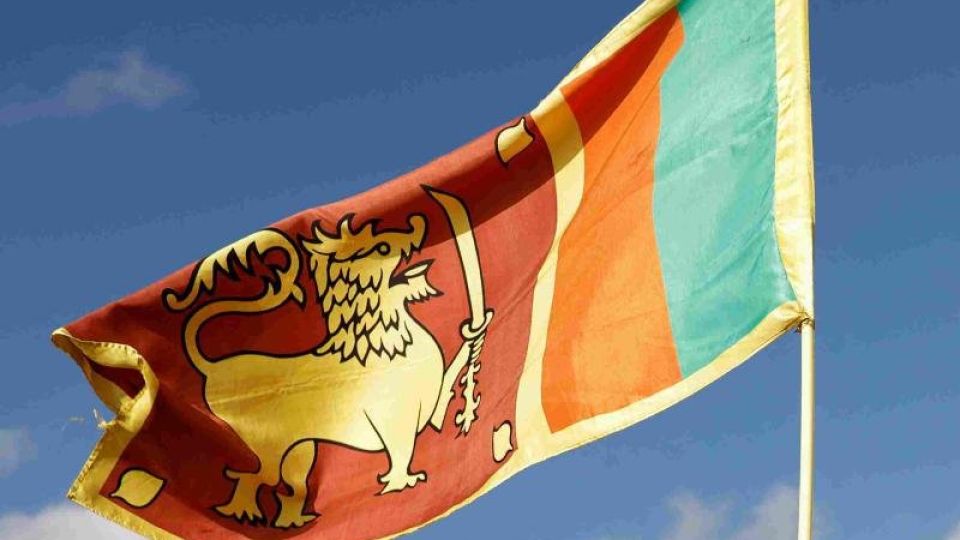April 20, 2023
TOKYO – Debts held by emerging and developing countries are ballooning. In addition to smoldering financial instability in Europe and the United States, the debt issue has become a flashpoint for the global economy. Talks for support measures to prevent the crisis from spreading must be hastened.
The Japanese government, jointly with India and France, has launched a common platform for talks among creditor nations to resolve the debt problem of Sri Lanka, a country that has fallen into an economic crisis. The initiative was announced on the sidelines of a meeting of finance ministers and central bank governors of the Group of 20 major economies in Washington.
China, the largest creditor nation to Sri Lanka, will reportedly also be invited to participate in the initiative.
Tourism is Sri Lanka’s main industry, but the COVID-19 pandemic caused a sharp drop in tourists and a significant decline in foreign currency income. As a result, the country suspended repayment of its foreign debt last April and effectively declared a default.
Although the International Monetary Fund has begun to provide support through loans, the cooperation of creditor countries is essential. It is commendable that Japan took the lead in taking a step toward debt restructuring for Sri Lanka.
The World Bank categorizes economies into four income groups, including low income or lower-middle income, based on national income per capita. Sri Lanka falls into the lower-middle income category.
The G20 has a debt restructuring framework for low income economies, but there was no system for lower-middle income economies. It is important to devise concrete measures through the new framework to prevent the crisis from spreading.
According to the World Bank, the outstanding overseas debt of developing countries was about $9 trillion (about ¥1.2 quadrillion) at the end of 2021, more than double the figure from a decade earlier. The amount is believed to have increased even more due to the appreciation of the dollar following hikes in U.S. interest rates.
Zambia, which is classified as a low income country, and Ghana, a lower-middle income nation, have defaulted on their debts, and the lower-middle income countries of Turkey and Egypt are suffering from a shortage of foreign currency. If the crisis spreads to other lower-middle income economies, the situation could develop into a global financial crisis.
How China responds to the situation will be a focus of attention. In the past, loans to developing countries were mainly provided by major industrialized countries, and debt problems were discussed mainly among industrialized countries. In recent years, however, China has been rapidly increasing its lending.
China accounts for 40% of bilateral loans to Sri Lanka. China’s participation in the debt restructuring initiative is essential, but Beijing has not made its stance clear at this point.
China’s loans to developing countries are often criticized as “debt traps” in which the borrowing countries are plunged into debt, and in exchange for repayment, Beijing receives security interests. In Sri Lanka, a Chinese company already holds the rights to operate important ports.
China has agreed to defer repayments to support Sri Lanka, but as the largest creditor nation, it has a responsibility to be actively involved in the bailout. Japan must strongly call for cooperation.

